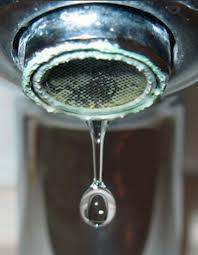General information:
Fulness- means the sum of the metallic cations present in the water, apart from the cations of the alkaline metals, expressed by the equivalent concentrations in calcium.
The temporary (carbonate) quality - represents the content of calcium and magnesium ions, corresponding to the content of calcium and magnesium bicarbonates in water.
Permanently (non-carbonated) quality - represents the content of calcium and magnesium ions, corresponding to the content of other calcium and magnesium salts, besides bicarbonates (sulfates, chlorides, nitrites, etc.), in water. Hardness is expressed in degrees of hardness (0d). 1 degree of hardness corresponds to 10 mg CaO/dm3.
Referential after which the analysis is performed:
The analysis for determining the hardness of drinking water is performed within its own laborato according to the standard national SR ISO 6059:2008.
Principle of the method:
Determination of the hardness to drinking water is performed by titrating in the presence of erythrochrome black with EDTA until the color of the solution is turned from red to net blue.
Sample rejection cases – quantity of inappropriate sample, sample collected in inappropriate containers, samples not properly labelled, etc.
Recipient – clean container.
The amount of sample required to perform the analysis - minimum 210ml.
Processing required after harvesting – in the case of waters containing carbonates and alkaline bicarbonates, introduce 25 cm3 water to be analyzed, add 5 cm3 hydrochloric acid and boil 1 or 2 minutes to remove carbon dioxide.
Sample stability – freshly harvested water is stable for 2 days at 2-8°C or 6 hours at ambient temperature.
The analysis method - volumetrica.
Reference values according to the Water Law1)
| Parameter / Unit of measurement | CA value (Maximum permissible concentration) |
|
|
min. 5 |
Recommendations for performing the analysis/ Effects of exceeding the reference values –
A excessive presence of calcium and magnesium salts in water is usually found in waters coming from wells. Excessive hardness makes these waters not to be used in any field, domestic or industrial, due to the chemical aggressiveness that causes deposits of calcium and magnesium salts on the pipes and its daily consumption often leads to the formation of kidney stones.
To reduce water hardness, filters and softening installations are often used.
Bibliography:
- LEGEA 458/2002 as amended and supplemented by Law no. 311/2004, Government Ordinance no. 11/2010, Law no. 124/2010 and Government Ordinance no. 1/2011






